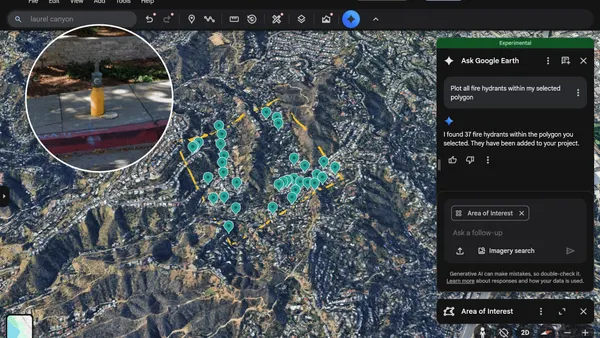Dive Brief:
- San Francisco's Board of Supervisors approved an ordinance this week banning city departments from using facial recognition technology. The measure does not affect federal, private companies' or citizens' use of facial recognition technology.
- Any department wishing to procure and use other forms of surveillance technology will have to get advance approval. They also must submit a surveillance technology policy for Board of Supervisors approval.
- The ordinance requires an annual report from departments that use surveillance technology with detailed information including how the technology was used; total costs; what data was obtained, deleted or shared; public comments or concerns about the technology; and statistics calculating the technology's effectiveness in achieving its purpose.
Dive Insight:
Facial recognition technology has been one of the more controversial innovations that cities have been investigating and testing, and some cities have held off from implementing the technology simply to see what happens in the governments that test it first.
On one side, police departments say the technology has many useful applications including tracking down suspects more quickly, or perhaps even before they strike. But opponents — including the ACLU — warn of potential civil liberty and privacy dangers citizens could sustain from the abuse of facial recognition technology, in addition to the threat to people of color and immigrant communities.
Recent studies — including one from Georgia Tech University and another from MIT — have raised concerns over modern predictive and artificial intelligence technologies' bias in identifying a human's skin tone, particularly darker skin tones. The MIT study states that "algorithmic justice necessitates a transformation in the development, deployment, oversight, and regulation of facial analysis technology."
San Francisco's ordinance could prove to set a precedent for other cities. Its neighbor, Oakland, CA, is among the cities already considering a similar ban. Even cities that don't address the topic of facial recognition might take a cue from the ordinance's requirements for all types of surveillance technology. Some cities already have policies in place to govern surveillance tools, while others only have policies in place for departments that already have such technology. Some do not have any surveillance governance at all.
San Francisco's ordinance is rather extensive in the requirements that departments must meet if they want to procure or use surveillance tools in the future. A notable element is the reporting measure to increase transparency and ensure the technology is not being abused. San Francisco already has experience on this front, as its regional transit agency adopted a similar measure last fall that requires advance approval for surveillance technology and regular public reporting.









